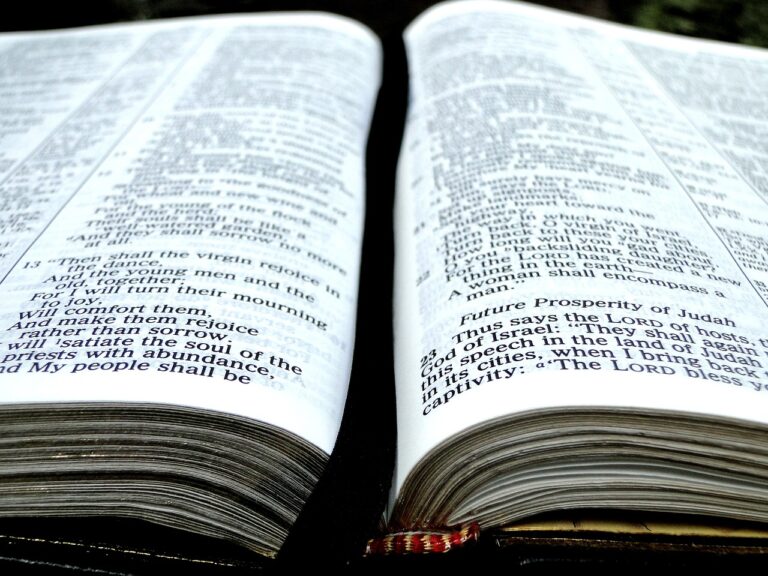The Impact of Social Media on Academic Integrity: Addressing Plagiarism and Cheating
Academic dishonesty has undergone significant evolution over the years. In the past, cheating mostly involved simple acts like copying homework or glancing at a peer’s test answers during exams. However, with the advancement of technology and easy access to information, academic dishonesty has taken on new forms. Plagiarism, for instance, has become more prevalent with the ease of copying and pasting text from online sources without proper attribution.
Alongside traditional forms of cheating, students now have access to a wide array of online resources that can aid them in unethical academic behaviors. Websites offering pre-written essays and term papers, as well as platforms where students can pay others to complete assignments for them, have contributed to the evolution of academic dishonesty. This shift towards online platforms has made it easier for students to engage in cheating practices, blurring the lines between ethical and unethical academic conduct.
The Role of Social Media Platforms in Facilitating Cheating
Social media platforms have played a significant role in the rise of academic dishonesty among students. With the easy access to information and the ability to connect with others, students are finding it increasingly tempting to cheat using these platforms. From sharing answers to collaborating on assignments, social media has become a tool for facilitating academic dishonesty.
Furthermore, the anonymity provided by social media platforms gives students a sense of security when engaging in cheating behaviors. They can create fake accounts or join private groups where they can freely exchange answers and information without the fear of being caught. This sense of detachment from their real identities makes it easier for students to justify their dishonest actions when using social media for academic purposes.
The Influence of Social Media on Student Behavior
Social media has become an integral part of students’ daily lives, greatly impacting their behavior both inside and outside the classroom. With the constant access to social platforms, students are often distracted from their academic responsibilities, leading to a decline in their focus and productivity. The addictive nature of social media often results in students spending more time scrolling through feeds than engaging with their studies.
Furthermore, the pressure to present an idealized version of oneself on social media can contribute to feelings of inadequacy and low self-esteem among students. The constant comparison to their peers’ curated online personas can create a sense of competition and anxiety, impacting their mental well-being and overall academic performance. In a digital age where validation is often sought through likes and comments, students may prioritize social media interactions over their educational success, thereby altering their behavior and priorities.
• Social media distractions can lead to a decline in focus and productivity
• Students may spend more time on social platforms than engaging with studies
• Pressure to present an idealized version of oneself online can contribute to feelings of inadequacy and low self-esteem
• Constant comparison to peers’ curated online personas can create competition and anxiety
• Seeking validation through likes and comments may prioritize social media interactions over educational success
How has social media impacted student behavior?
Social media has had a significant influence on student behavior, including an increase in academic dishonesty and cheating.
What role do social media platforms play in facilitating cheating?
Social media platforms have made it easier for students to communicate, share information, and collaborate on assignments, making it easier to cheat.
How has academic dishonesty evolved with the rise of social media?
Academic dishonesty has evolved to include new methods such as sharing answers through social media platforms, purchasing papers online, and using technology to cheat during exams.
What can educators do to address the influence of social media on student behavior?
Educators can implement policies and tools to detect and prevent cheating, educate students on the consequences of academic dishonesty, and promote a culture of academic integrity.







